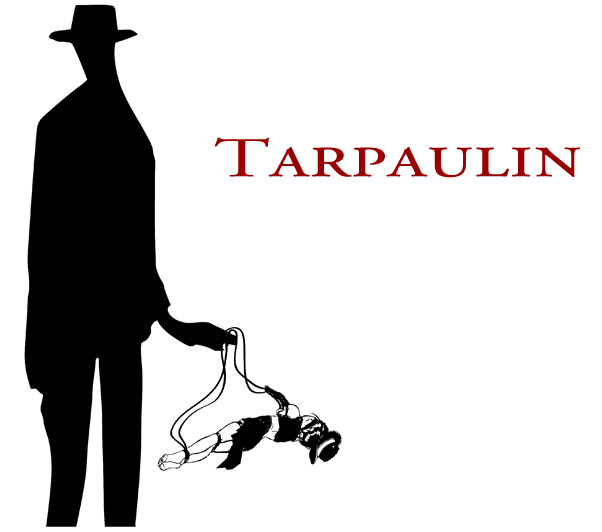 Douglas Kearney
Douglas KearneyThe Black Automaton
Fence 2009
ISBN: 9781934200285
80pp.
Reviewed by Micah Ling
As a thing to hold: a gift, an object, an item, this book is attractive. It has the feel of a manual—some collection of diagrams and instructions—for something precious and complicated. Right away, this collection takes hold to teach you a few things—go ahead and be schooled by it. With “Radio,” Kearney reminds, “the first black you met was on the radio. / this is true even if you lived with blacks.” The repetition in this poem makes it sure of itself, and by the end, “the first blacks to change radio’s / meaning from love back to blood are still here // and want to fuck you. They are doing so on the radio / right now. you don’t like it but go to sleep.” Kearney isn’t messing around—he says it true and stark and beautiful.
This is a performance: a show. This is steeped in recorded history, and unrecorded history. This is lyrics and beats and hand-jives. In, “The City vs. John Henry,” Kearney dissects the very notion of a steel man. The jarring notion of the hardworking hero. “Mr J Hammer Henry / with your black /as rail spike neck / mallet muscled Mr J Bama / Henry outlantish from station / could barely fithammer / poking from stowage like / natural man’s poke…” New versions of old stories seem somehow, finally told right.
In the interspersed “Black Automaton…” poems and “Floodsong” poems, it’s hard not to think that Kearney is investigating, if not playing with, how we read. These poems direct the eyes with arrows and slashes and oversized brackets. These poems dance and stumble and crash down the pages. There’s sound here—beats and echoes and reverberation. And it’s not arbitrary; the blatant emphasis turns out to be on the words that are jarring or “offensive” even if they weren’t 20 font sizes larger. The format is commentary itself.
A lot of what’s in these pomes is commentary: the poet looking at poets and looking at language. From “The Cruel, Cruel City,” Kearney gives us, “cruel and cruel city, nigger manhood / --rather, that damned hat, thus passed betwixt a lion / and a riverboat, and bloody ditty doo-wah, / structured row of doo wop gennimens and afflicted ballet of diddy / bop thugs to this wanksta-ass poet who can now: / 1) eat a ton of dog shit without getting sick / 2) dance underwater and not get wet / 3) fuck hot pussy until it’s cold. or / fortify that old time vita.” Kearney’s mockery of the system and strange, strange world of literary things is reminiscent of Amiri Baraka.
These are poems, yes; but they’re also hip-hop songs and graffiti tags and the one-man band on the corner who changes your night for the better, so listen up.




